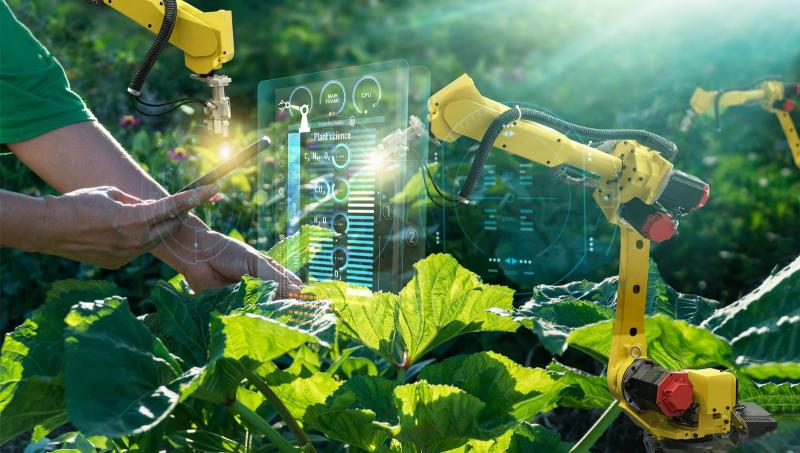
Everybody talks about new technologies in agriculture, which supposedly simplify the work of farmers. However, one should not succumb to marketing tricks and blindly run after innovations. Their effectiveness can still be argued and one of the experiments clearly demonstrated this, reports World of NAN.
In England, IT staff conducted an experiment in which all the tasks in the field were handled solely by new technology. They took the full cycle of work: planting, processing and harvesting. They chose barley as the crop. Everything was automated as much as possible, and humans were only involved in taking care of the robots.
A modified tractor and a converted combine were used for the work. The equipment was stuffed with electronics, cameras, lasers, GPS and automatic control systems. Unmanned drones and spy robots were also involved in the work, as well as visual evaluation and analysis of the soil.
The first problem was the low power of the robot tractor, which can not yet match the traditional equipment. However, robots can work without reference to the time of day and breaks and this should make up for the disadvantage. But in reality, 24-hour use is very wearing on the equipment and on top of that they have to be constantly recharged. Plus IT farmers have lost a huge amount of time converting the tractor. After the planting season, the equipment has had to take care of spraying fertilizer and crop protection products.
Also during the experiment there were problems with the use of equipment, remote control proved to be very difficult. Even the machinery stuffed with cameras and GPS sensors could not process the field evenly - the sowing tracks turned out to be crooked, with skips. The same blunders also occurred when introducing crop protection products.
On the whole the experiment was a failure. From the economic point of view it was absolutely unprofitable and prohibitively expensive for the European farmers, and not to mention to the Kazakh farmers. However, the experiment has set a new challenge for engineers and has revealed a number of problems. If they find solutions, then perhaps in the future the new technology will replace the people in the field, but not today. Plus the cost may be expensive now, but in ten years it will already be affordable to ordinary farmers.
If we talk about Kazakhstan, we first need to solve urgent problems, we have many of them. And we are protected from new technologies by our government, which prevents the import of innovative equipment from abroad by means of the recycling fee. But the technological revolution is inevitable, and most likely in the future there will be no human foot stepping on the field.






































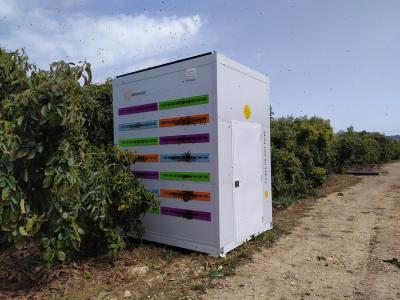
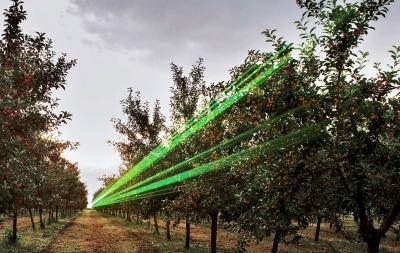
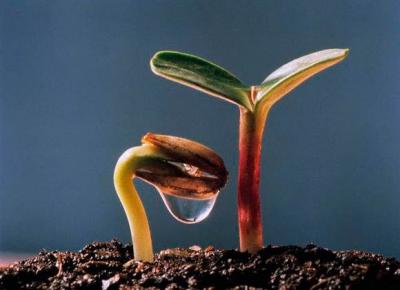
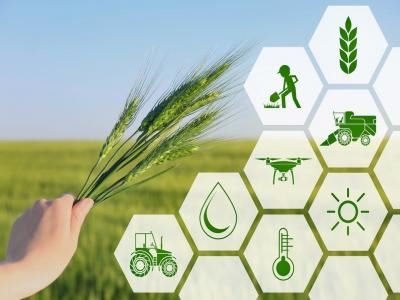
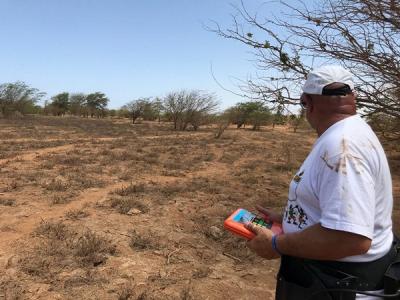



Обсуждение
dastan
12323123